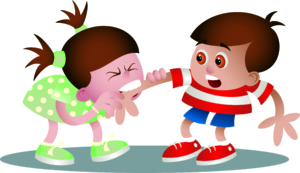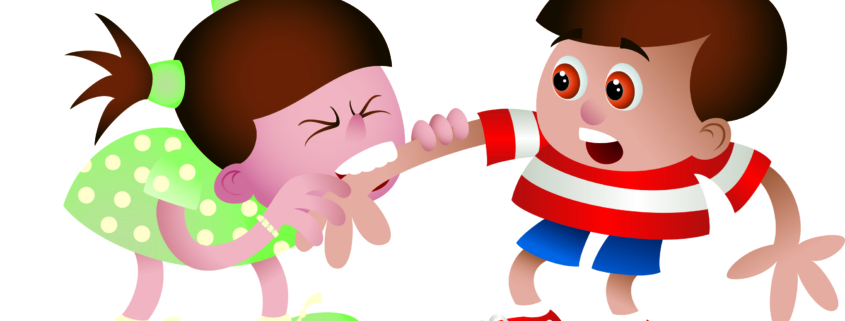What Do You Do When Your Toddler Bites?

Dealing with toddlers who bite can be challenging, but it’s essential to address the behavior promptly and consistently. Here are some steps you can take to manage and prevent biting in toddlers:
- Stay calm and react quickly: If a toddler bites, respond calmly but firmly. Avoid yelling or using harsh language, as this may escalate the situation. Remove the child from the situation immediately to prevent further harm to others.
- Offer comfort and empathy: After removing the child from the situation, comfort them and help them understand their emotions. Toddlers may bite out of frustration, anger, or even excitement, but they often lack the language skills to express their feelings appropriately.
- Teach appropriate behavior: As toddlers are still learning to communicate effectively, help them express their emotions through words rather than biting. Use simple language to explain why biting is not acceptable and provide alternative ways for them to express themselves such as using words, pointing, or showing emotions through facial expressions.
- Set boundaries: Consistently enforce clear boundaries and rules. Make sure the child understands that biting is not allowed, and establish consequences for the behavior. These consequences should be age-appropriate such as temporarily removing a favorite toy.
- Supervise interactions: Keep a close eye on the toddler during playtime or interactions with other children. If you notice signs of frustration or tension building up, intervene proactively to prevent a biting incident.
- Encourage positive interactions: Praise and reinforce positive behaviors such as sharing, taking turns, and using words to express emotions. Positive reinforcement can be a powerful tool to encourage appropriate behavior.
- Model appropriate behavior: Children learn by observing their caregivers and other adults. Model respectful and non-violent behavior, as they will often mimic what they see.
- Stay consistent: Address the biting behavior consistently and avoid confusing the child by sending mixed messages. Be patient, as it may take time for the behavior to change.
- Consult with professionals: If the biting behavior persists despite consistent efforts, consider seeking advice from a pediatrician, child psychologist, or behavioral specialist. They can provide additional strategies and guidance tailored to your child’s specific needs.
Remember, biting is a common behavior in toddlers, but with patience, understanding, and consistent guidance, most children outgrow this behavior as they develop better communication and emotional regulation skills.
Our two main locations are in Newtown and Warrington and we support the Doylestown area.




Leave a Reply
Want to join the discussion?Feel free to contribute!